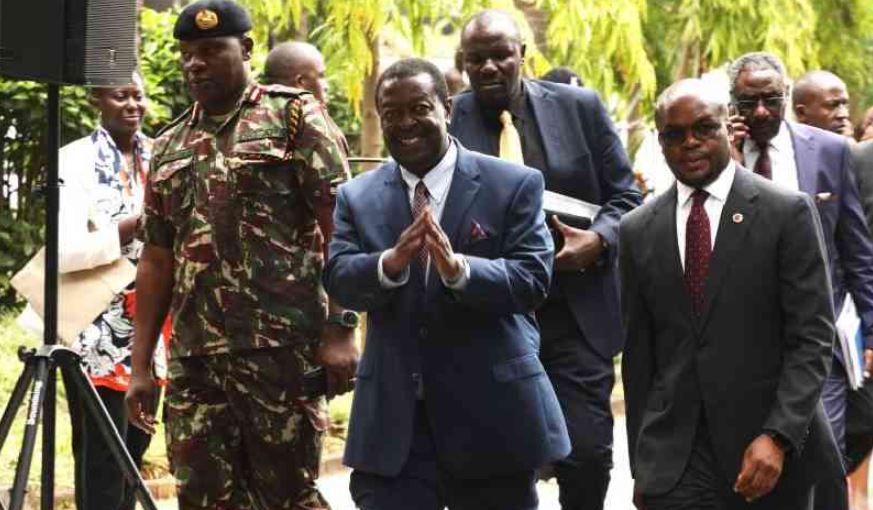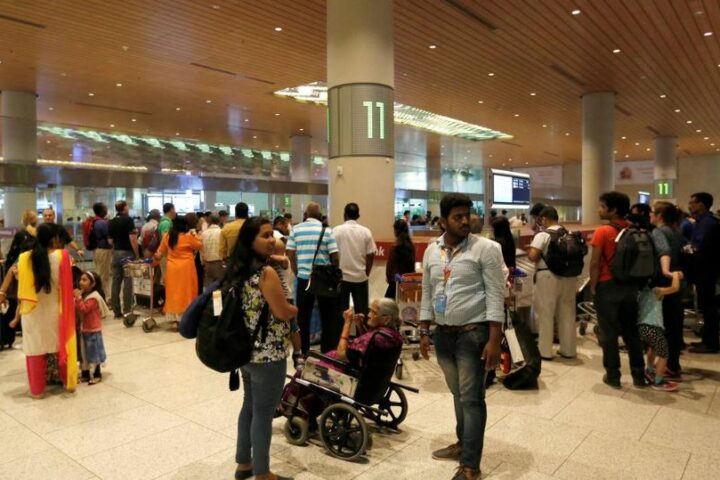
The government has digitized over 22,000 services on the e-Citizen platform, allowing 375,000 users to access the system daily.
Prime Cabinet Secretary Musalia Mudavadi announced on Thursday that over 13 million Kenyans are now registered on the platform, making government services more accessible than ever before.
“We shut down 1,130 pay bills and consolidated them into a single pay bill number, 222222, for all government services. This move has led to daily collections of approximately Ksh900 million,” Mudavadi said.
To address delays in passport processing, the government has invested in two high-capacity printers that can produce 500 passports per hour. The initiative, along with the acquisition of one million passport booklets, the recruitment of 300 immigration officers, and upgrades to immigration facilities, has cleared a backlog of 609,805 passports.
The government also opened new immigration offices in Kericho and Bungoma to bring services closer to citizens. Special desks have been set up to expedite passport issuance for Kenyans seeking job opportunities abroad.
Additionally, the Directorate processed and approved 1,465,560 Electronic Travel Authorization (eTA) applications following the introduction of Kenya’s visa-free regime.
In efforts to modernize Kenya’s digital identity systems, the National Registration Bureau (NRB) rolled out the Maisha Ecosystem. This includes the Maisha Card, a digital version, and the Maisha Integrated Database, a unified authentication system for citizens.
The NRB has also cleared a backlog of 600,000 national ID applications and issued 1,778,773 ID cards, including registering 900,000 Form Four students for their first IDs. To improve accessibility, the government opened 54 grassroots registration offices and established 35 new Civil Registration Services (CRS) offices, digitizing over 16 million records.
The Unique Personal Identifier (UPI) system has also been deployed in Nairobi and Huduma Centers, further optimizing citizen services.
In refugee management, the Directorate of Refugees introduced the Shirika Plan, transitioning refugee camps into integrated settlements that benefit both refugees and host communities.
“In summary, the State Department of Immigration and Citizen Services has made significant progress in 2024, achieving remarkable advancements across various sectors,” Mudavadi concluded.








